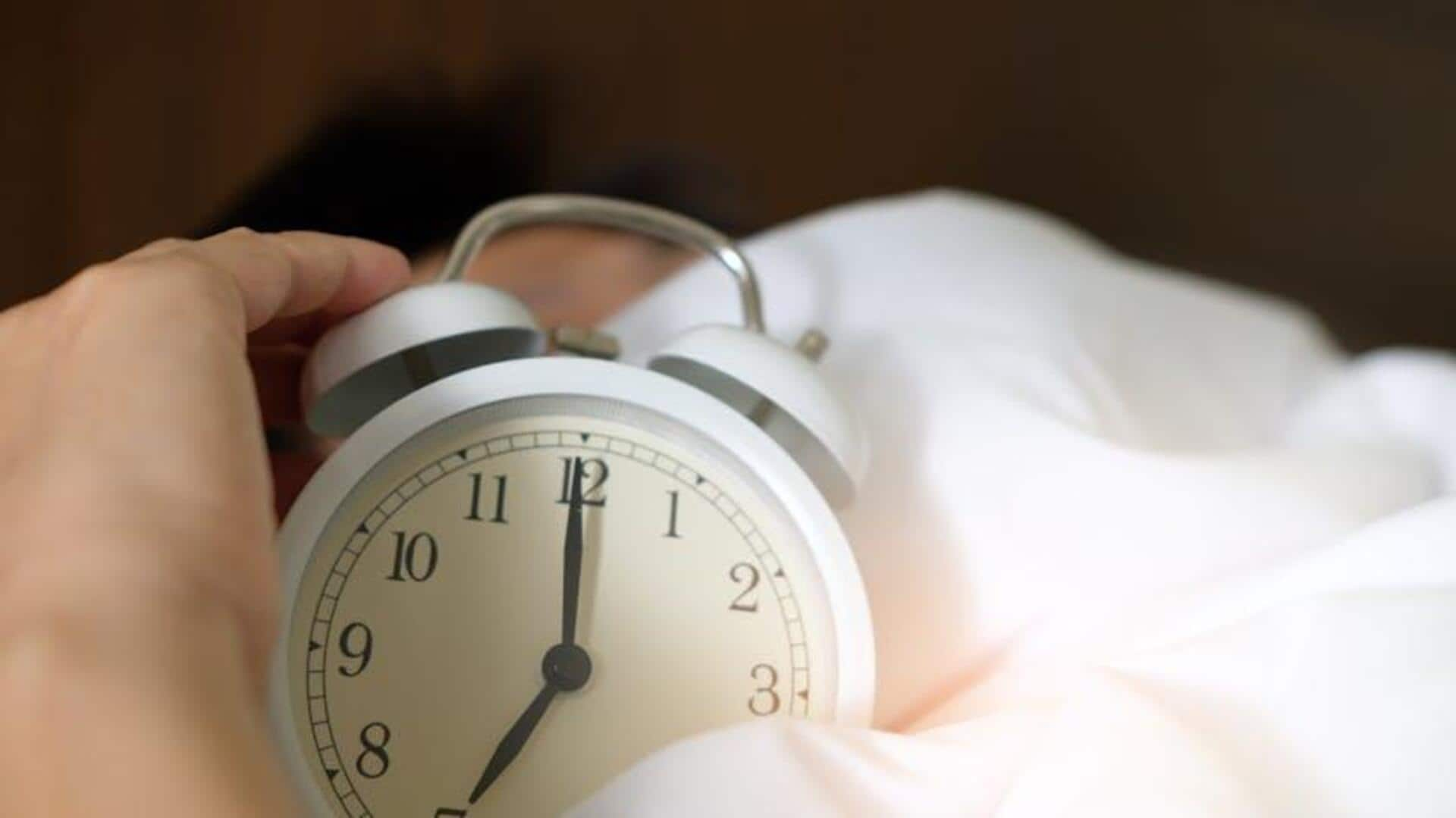
How sunlight can help fix your sleep schedule
What's the story
Regulating sleep patterns can be tricky, especially in today's fast-paced world. However, personalized sunlight exposure can go a long way in aligning your body's internal clock. By knowing how natural light affects your circadian rhythm, you can make the right decisions to improve sleep quality. Here are some practical tips on using sunlight exposure to regulate sleep patterns effectively.
#1
Morning sunlight for better sleep
Exposing yourself to natural light in the morning helps set your body's internal clock for the day. Try to spend at least 15 minutes outside, soon after waking up. This practice signals your brain that it is time to be alert and active, which can lead to better sleep at night.
#2
Midday light breaks boost alertness
Taking short breaks to step outside and soak up some midday sunlight can significantly enhance your alertness and help boost productivity. A brief, 10-minute walk outdoors (especially during your lunch break) can effectively help you stay up and energetic for the rest of the afternoon. This simple practice minimizes the chances of that all-too-common afternoon slump, keeping you more engaged and focused on your tasks.
#3
Limit evening light exposure
As the evening approaches, it's important to limit your exposure to artificial light sources, including screens and bright indoor lights. Reducing light exposure two hours before bed time is the key. It helps signal your body that it's time to start winding down. Such practices are useful to initiate a more natural sleep onset, playing a major role in a good night's sleep.
#4
Use natural light indoors wisely
In order to make the most of natural light indoors, try placing your workspaces near windows. Installing sheer curtains can also work wonders. These let the sunlight in while ensuring privacy is not compromised. These tricks not only lift the mood but also contribute to your circadian rhythm. Staying in sync with natural daylight cycles is important to maintain a healthy sleep-wake pattern, adding to well-being.
#5
Adjust light exposure seasonally
Seasonal changes also affect the availability of daylight, which can impact your sleep patterns. On shorter days in winter months, use a light therapy box for more morning exposure if necessary. On the other hand, utilize longer summer days by spending more time outdoors whenever possible.